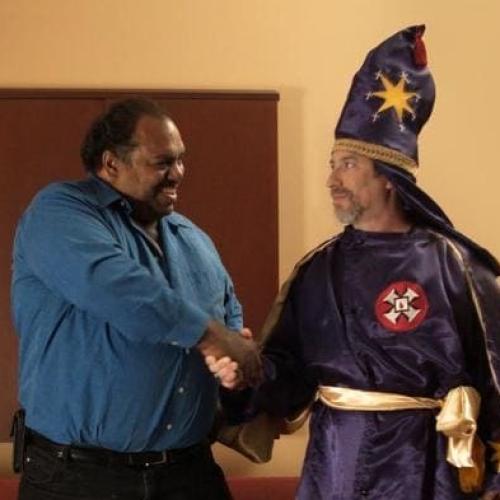Related Stories
Microcredit pioneers win Nobel Peace Prize
Key Excerpts from Article on Website of USA Today/Associated Press
Posted: November 29th, 2006
http://www.usatoday.com/news/world/2006-10-13-norway-nobel_x...
Bangladeshi economist Muhammad Yunus and his Grameen Bank won the Nobel Peace Prize on Friday for their pioneering use of tiny, seemingly insignificant loans microcredit to lift millions out of poverty. "Lasting peace cannot be achieved unless large population groups find ways in which to break out of poverty," the Nobel Committee said in its citation. "Microcredit is one such means. Development from below also serves to advance democracy and human rights." Grameen Bank was the first lender to hand out microcredit, giving very small loans to poor Bangladeshis who did not qualify for loans from conventional banks. No collateral is needed and repayment is based on an honor system. Anyone can qualify for a loan the average is about $200 but recipients are put in groups of five. Once two members of the group have borrowed money, the other three must wait for the funds to be repaid before they get a loan. The method encourages social responsibility. The results are hard to argue with the bank says it has a 99% repayment rate. Since Yunus gave out his first loans in 1974, microcredit schemes have spread throughout the developing world and are now considered a key to alleviating poverty and spurring development. Worldwide, microcredit financing is estimated to have helped some 17 million people. "Yunus and Grameen Bank have shown that even the poorest of the poor can work to bring about their own development," the Nobel citation said. Today, the bank claims to have 6.6 million borrowers, 97% of whom are women, and provides services in more than 70,000 villages in Bangladesh. Its model of micro-financing has inspired similar efforts around the world.
Note: Why not reduce involvement in the stock market and invest instead in ending poverty? You still get a return on your investment while knowing that your money is helping to pull entire families out of poverty. To make a real difference in helping to reduce poverty in a dramatic way, see our empowering microcredit summary, which describes how you can easily participate this inspiring worldwide movement.
Related Stories
Top Inspiring News Articles
Top Inspiring News Articles from Years Past

























































































